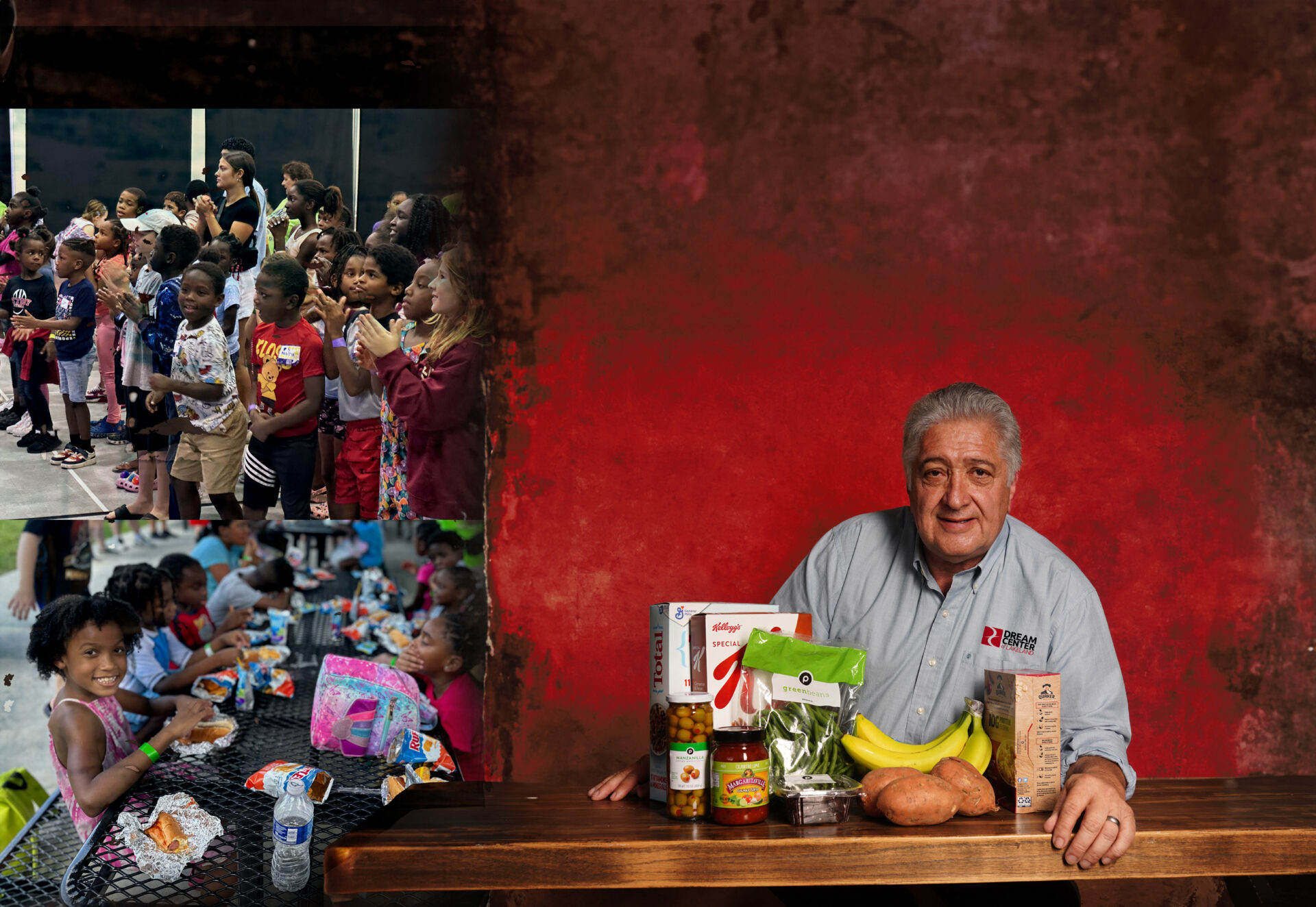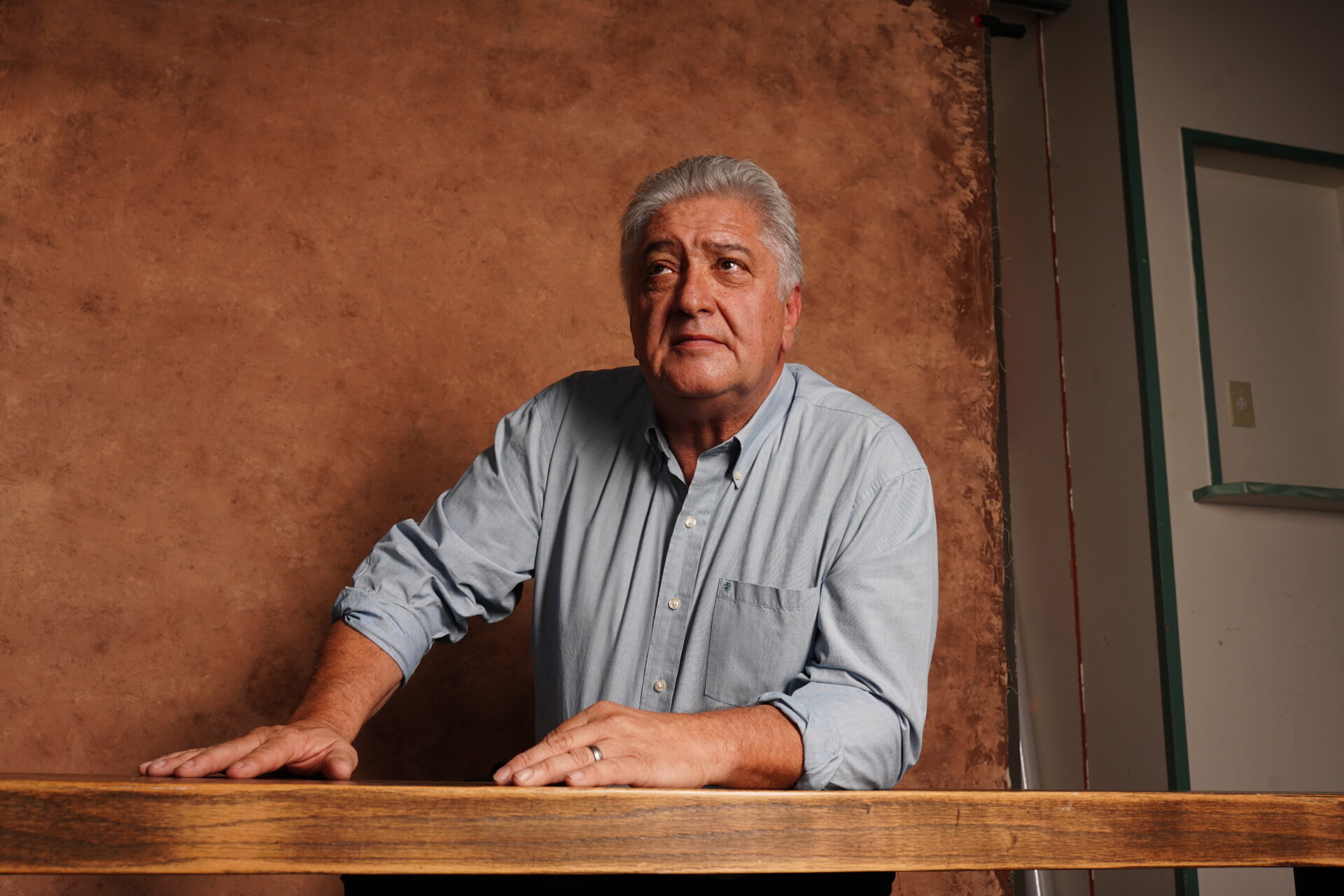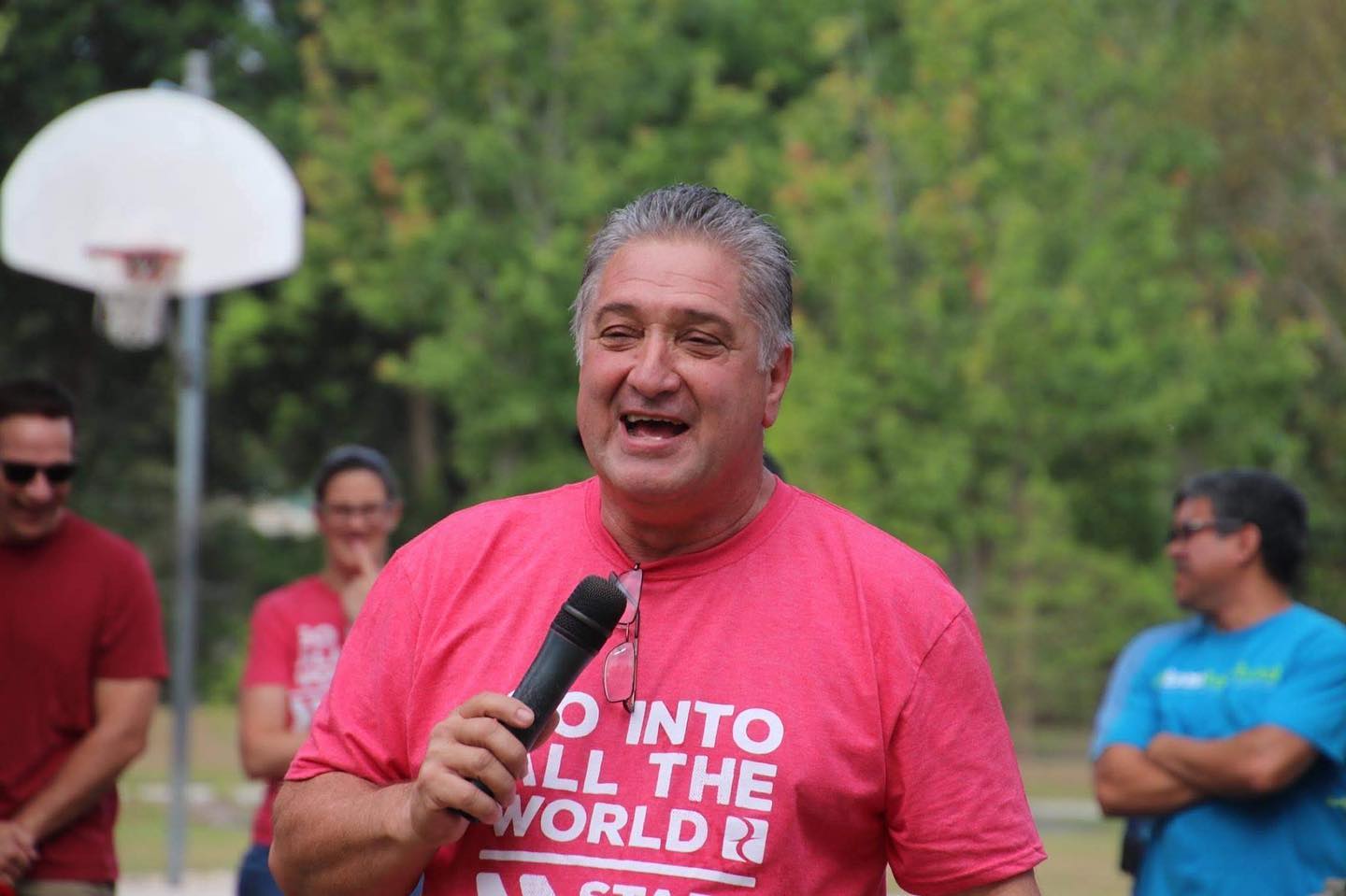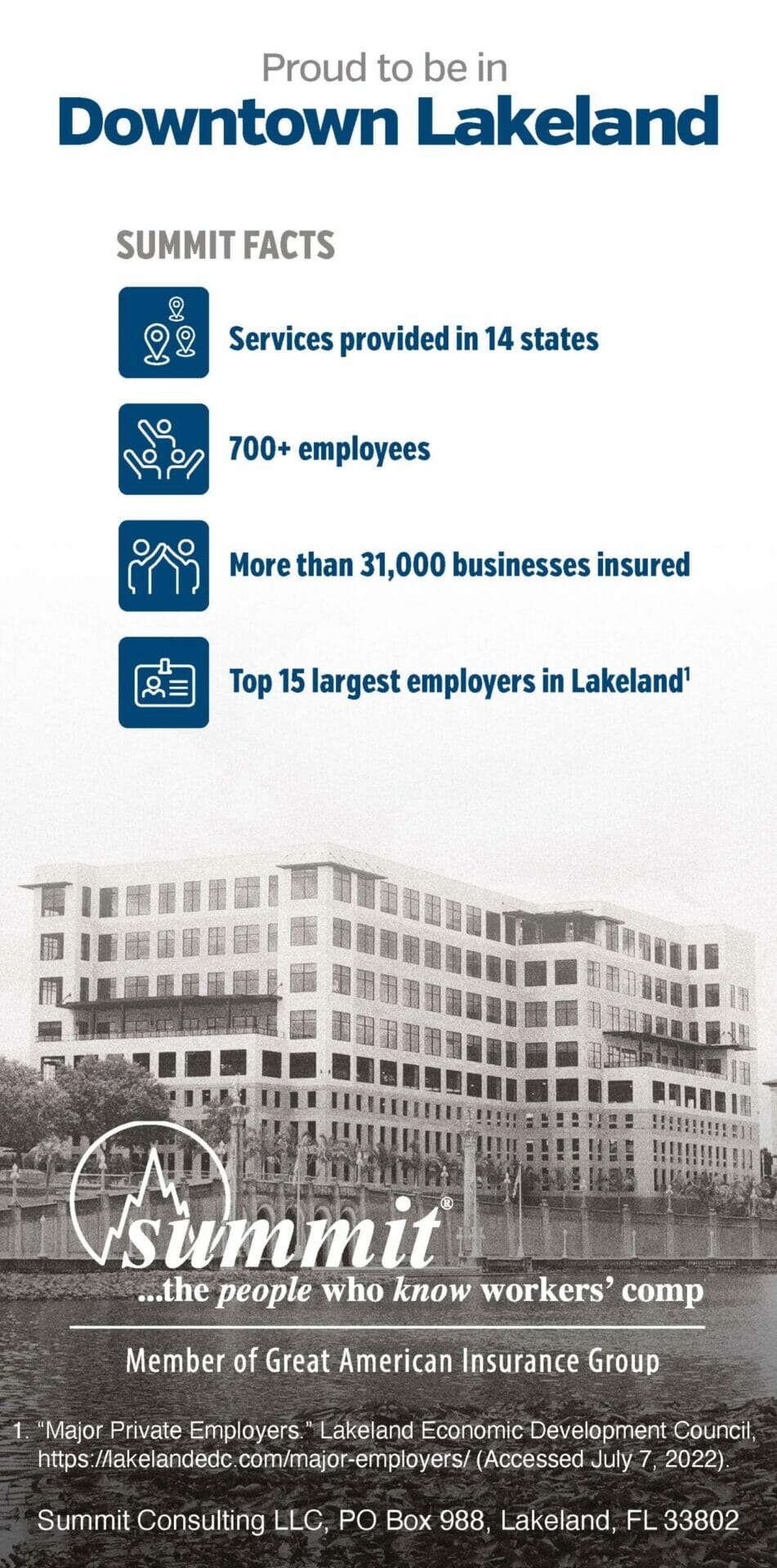
A Dream That Connects Us All: The Bold Purpose of Dream Center of Lakeland
Photography by Jordan Randall
When Mike Cooper, Executive Director of the Dream Center of Lakeland, said “Yes” in 2010 to the opportunity to shepherd the community ministry founded by Victory Church, he knew it would take honest conversations and time to build trust to make any lasting impact in an area that was once home to six bars and dubbed “Little Vietnam.”
Early on in his tenure, Cooper experienced first-hand a glimpse at the pain and bitterness locals in the neighborhood were carrying with them, in part because their lives were embedded in the highest crime neighborhood of Lakeland, which intersected W. 5th Street and Kettles Ave.
“My son and I were getting out of the car one day, and there was a barbershop across the street (from the Dream Center), and when we got out of the car somebody screams out, ‘We don’t need no [expletive] white guys in the community,’” Cooper recalls.
Cooper told his son to go inside while he walked across the street to see what the commotion was about.
“I said, ‘Guys, my hearing is not as sharp as it used to be, but I think somebody said something. Let me just put it this way: I totally agree with you, but the reason I’m in this community is ’cause you haven’t discovered who God is in your life yet. You should be doing what I’m doing…but right now there’s a void and God just happened to call me to fill the void.’”
Later that afternoon he returned to ask the barber how his visit was received.
“He said, ‘Well, at first it was quiet, but then one guy said, you know, preacher is right.’”
Fast forward more than a decade later. The spot where that barbershop once stood is now one of many neighborhood lots the Dream Center owns and utilizes for community outreach. And no longer is it just Cooper, his staff and a few locals “filling the void”—it is a collective of people from all backgrounds, a variety of church denominations, various businesses, college students, law enforcement officials and more.

Sometimes a community needs a connector. Sometimes people need a friendly push in the right direction. Dream Center of Lakeland aspires to be both.
A Steady Presence and Evolving Mission
If you ask Dream Center staff what the non-profit does, most of the time they will say, “Meet the needs of the community.”
Twice a week locals can pick up groceries at food distribution events, and three days a week people are blessed through the Community Shoppe, where individuals receive household items and clothes, as long as they attend some of the Dream Center’s programming.
On Saturdays, the neighborhood comes to life when the Kids Club program brings in children from nearly 20 at-risk neighborhoods for song, dance, games, Bible stories and a meal.
The Dream Center is also a host to a slew of other initiatives making a difference, including: group Bible studies, pregnancy care services through Options for Women, after school programs, a support group for teen moms and a Sunday church service and pancake breakfast that takes place in the gymnasium.

Everyone’s Dream Center
It’s normal to find large groups of volunteers beautifying the nearby blocks, passing out flowers and offering up prayers. A panoramic glance at the surroundings reveals people from a variety of churches serving together, college sports teams rallying for the cause, Lakeland Police Officers connecting with people and city employees with tools and resources that ensure an event’s success.
Highland Park Church was one of the first churches to serve consistently with the Dream Center, and there is now an eclectic group of congregations making an impact—from black churches to Victory Church to Family Worship Center to All Saints Episcopal Church.
The growing footprint of the Dream Center cannot be viewed without also recognizing the remarkable number of businesses who have stepped up in recent years.
The Kiwanis Club was the catalyst for building Kids Club Park where the majority of outdoor programming takes place; the towering outdoor pavilion was built thanks to the generosity of Mid-State Industrial Maintenance CEO Jeffrey Clyin and a community grant from Mosaic; Publix installed a walk-in refrigeration system several years ago and is a perpetual giver; and Southern Homes is set to build a new bathroom facility at the park.
Cooper said he doesn’t walk into rooms filled with influential people looking to stir up donations, in part because his confidence is in the character and faithfulness of God. He said he cannot count how many times people have called him to share how God has compelled them to donate or someone has shown up at the center with an envelope with thousands of dollars in it because they know it’s what they are supposed to do.
“God right now is working on donors, he’s working on volunteers right now that I don’t even know,” Cooper said.
He points to John 17 as Scripture that illustrates how Jesus desires for all of his followers to be one with God, just as he is, so they can share God’s love with the world effectively.

“We connect people with needs with people with resources. We give them access and get out of the way.” — Dream Center of Lakeland Executive Director Mike Cooper
Be Like Mike
If you’ve met Mike Cooper once, you know he’s hard to forget.
One day Cooper told Lakeland Police Chief Sammy Taylor that he understands he’s “not everybody’s cup of tea.”
The chief retorted, “I’ll disagree with you on that. I think you’re everybody’s cup of tea, just not a full cup.”
He can speak to people going through difficulties with empathy as well offer encouragement to keep fighting because he’s had to himself. He grew up in a poverty stricken region of Maryland in the Appalachian Mountains where he used an outhouse and shared a bedroom with his sisters.
He’s been a basketball coach, he’s run a school, and once he even had to build his own office when he was hired by a church in Baton Rouge, La.
Cooper might cock his head momentarily as he engages you in a passionate conversation, and a minute later he will be chuckling as he squints directly at you. It’s all part of being a connector—someone who genuinely cares about people and the future of Lakeland.
Thousands of conversations over the years, and a consistent presence, have given him credibility to navigate the ongoing challenges. Sometimes that means pushing for solutions with LPD—where he has served as chaplain for 12 years—and other times it means entering conversations most people would back down from.
He has listened attentively to the realities facing the black community, and he has brought them together to help address what he calls the advantage of “white access” which he says differs from the buzz phrase “white privilege.”
On a monthly basis he sets up coffee and donuts with black pastors and an influential city leader, with the purpose of helping them hear each other and ultimately connecting them to resources and long-term solutions.
“We connect people with needs with people with resources. We give them access and get out of the way,” Cooper said.
Work to Be Done
Someone who has not been back to the neighborhoods surrounding the Dream Center for a decade or so might hardly recognize their surroundings at first, but some generational problems still persist.
In 2023 there has been an uptick in violence in Lakeland, with at least a half dozen public shootings, including one just minutes from the Dream Center in January, where 11 victims were injured.
Part of it can be attributed to economic stresses of inflation and still far too many high school dropouts in the area, but part of it simply proves there is still much work to be done.
Cooper, who said he is hopeful he can work about five more years before retiring, said the DNA of the community is changing. He said two years ago, “about 98 percent” of the individuals they served during the week were black, but now it’s about 70 percent black and 30 percent Hispanic, which means a melding of cultures and ways of life that don’t always naturally jive.
He said the Center’s primary focus will continue to be the “community homeless” population—such as people who might sleep in their truck outside their uncle’s house at night and look for work in the morning—and that the more Lakelanders who step up, the greater the return on the investment will be.
The Dream Center plans to host a greater variety and number of community events throughout the year, and Cooper is also hopeful more businesses will become recurring givers at $1,000-plus per year, to help invest in the shared dreams of many.
“We want to be the intersection of everything. Government comes together with faith; faith comes together with business,” he said. “We wanna become that conduit, then step out of the way and let God develop relationships.


